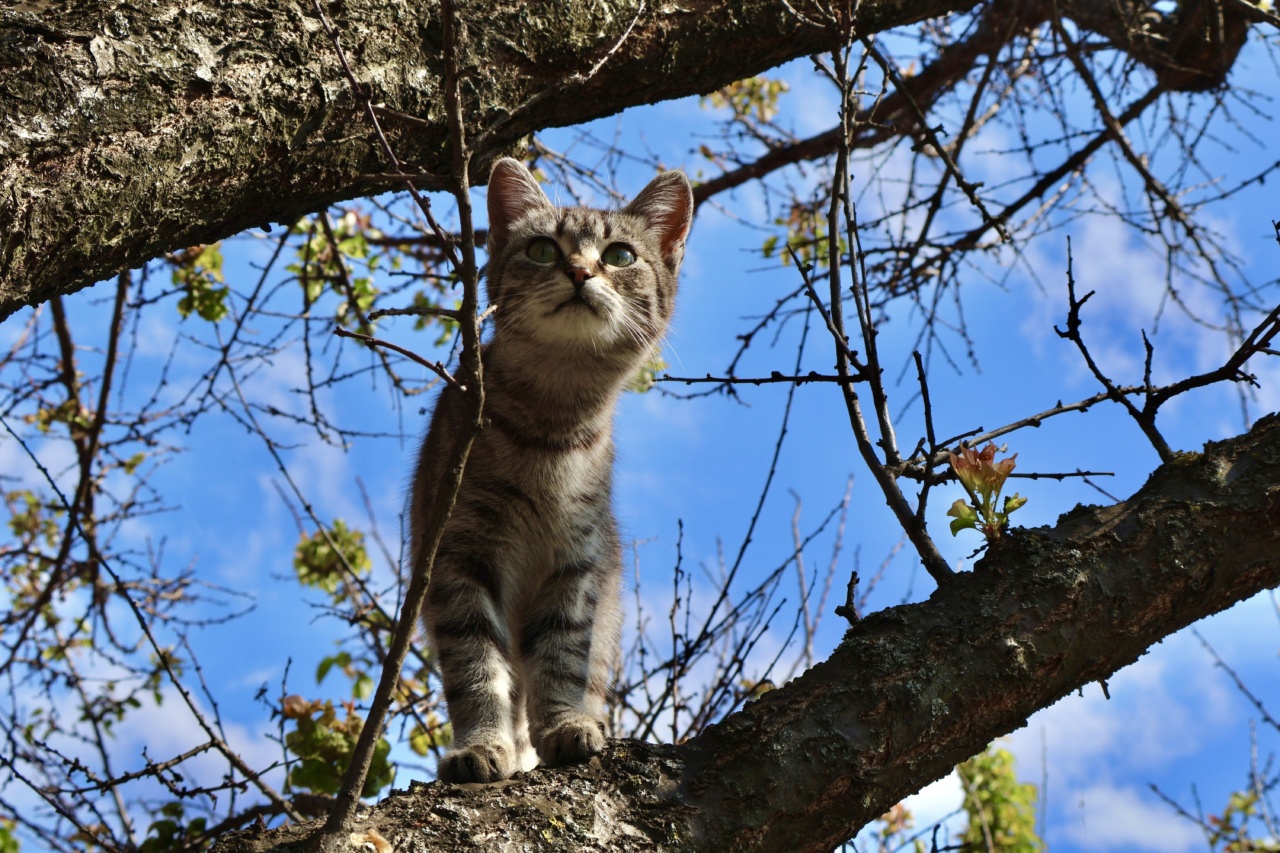Curiosity is a powerful driving force in human nature. It is what enables us to explore new territories, question the world around us, and seek answers to the unknown.
From the early days of our existence, curiosity has fueled our discoveries and advancements, propelling us forward on a relentless pursuit of knowledge and understanding.
The Essence of Curiosity
Curiosity is more than just a passing interest or a fleeting desire for novelty. It is a deep-rooted trait that compels us to seek out new experiences, challenge our assumptions, and push the boundaries of what is known.
It is the very essence of our humanity, driving us to explore, learn, and grow.
The Role of Curiosity in Science
Scientific progress is intricately linked to curiosity. It is through our innate curiosity that we ask questions about the natural world and embark on scientific inquiries.
Curiosity sparks the initial curiosity-driven research, leading to new discoveries, innovations, and breakthroughs. Scientists explore uncharted territories, develop hypotheses, and design experiments driven by their curious nature, ultimately unraveling the mysteries of the universe.
Curiosity and Creativity
Curiosity and creativity are closely intertwined. When we are curious, we seek to understand, and in that pursuit, we often come up with innovative ideas and solutions.
It is our curiosity that drives us to explore alternative possibilities, connect seemingly unrelated concepts, and think outside the box. Whether in art, literature, or science, curiosity fuels creativity and leads to the generation of new ideas and works of genius.
Curiosity and Personal Growth
Curiosity is not limited to scientific or creative endeavors; it also plays a crucial role in personal growth and development. By nurturing our curiosity, we open ourselves up to new experiences, perspectives, and knowledge.
We become lifelong learners, constantly seeking to expand our understanding of the world and ourselves. Curiosity encourages us to step out of our comfort zones, embrace uncertainty, and explore opportunities for personal growth.
The Benefits of Cultivating Curiosity
There are numerous benefits to cultivating curiosity in our lives. Firstly, curiosity enhances our cognitive abilities.
By encouraging us to actively engage with new information and ideas, curiosity improves our memory, critical thinking skills, and problem-solving abilities. Curiosity also promotes mental and emotional well-being by reducing boredom, increasing motivation, and fostering a sense of meaning and purpose.
Nurturing Curiosity in Children
Children are naturally born curious, and it is crucial to nurture and cultivate their curiosity during their formative years.
Encouraging exploration, providing opportunities for hands-on learning, and fostering a safe environment for questioning and curiosity-driven exploration can help children develop a lifelong love for learning and discovery.
Overcoming Barriers to Curiosity
While curiosity is a fundamental part of human nature, it can also be hindered by external factors and internal barriers.
Some of the external factors that may impede curiosity include discouraging social environments, rigid educational systems, and societal pressures. Additionally, fear of failure, self-doubt, and the desire to conform can create internal barriers to curiosity.
Overcoming these obstacles requires a conscious effort to create a supportive environment, cultivate a growth mindset, and embrace the inherent uncertainty and potential risks that come with curiosity.
Cultivating Curiosity in Everyday Life
Curiosity is not limited to specific domains or fields; it can be cultivated and applied in our daily lives. Here are a few ways to nurture curiosity:.
- Embrace the unknown: Instead of shying away from unfamiliar territory, embrace it with an open mind and a sense of wonder. Seek out new experiences, explore different cultures, and engage in conversations with diverse perspectives.
- Ask questions: Curiosity begins with asking questions. Develop the habit of questioning assumptions, digging deeper into topics of interest, and being inquisitive about the world around you.
- Read widely: Explore various subjects, genres, and perspectives through books, articles, and online resources. Reading widely exposes you to different ideas, challenges preconceived notions, and fuels intellectual curiosity.
- Practice active listening: Actively listen to others, allowing their ideas and perspectives to broaden your understanding. Be open to different viewpoints and engage in meaningful discussions.
- Seek out novel experiences: Step out of your comfort zone and try new activities, hobbies, or pursuits. Novel experiences provide fresh perspectives, stimulate creativity, and inspire curiosity.
- Embrace a growth mindset: Adopt a mindset that sees failures and setbacks as learning opportunities rather than obstacles. Embrace challenges, welcome feedback, and strive for continuous self-improvement.
Celebrating Curiosity
Curiosity drives innovation, inspires creativity, and fosters personal growth. It is an essential trait that propels humanity forward, enabling us to explore, question, and understand the world around us.
By nurturing our curiosity and embracing the unknown, we can unlock limitless possibilities and embark on a lifelong journey of discovery.





























